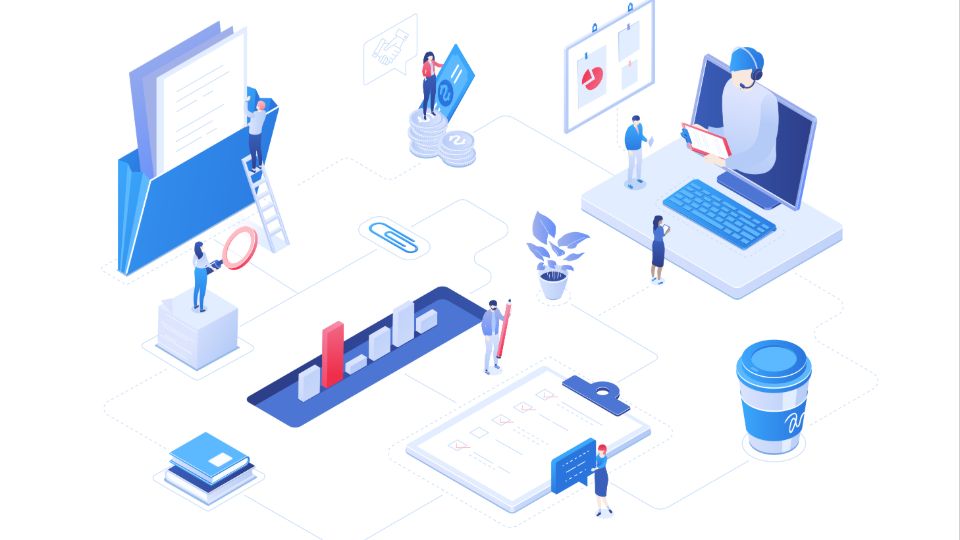Customizable Workflows for Specific Needs
In today’s fast-paced business environment, a one-size-fits-all approach doesn’t always work.
Every team, department, and project has unique needs that require flexibility. Customizable workflows are essential for streamlining operations, increasing efficiency, and ensuring tasks meet specific requirements. By tailoring workflows to fit the exact needs of your business, you can boost productivity and create a more organized environment.
What Are Customizable Workflows?
Customizable workflows are flexible, adaptable processes designed to meet the specific needs of a team or organization. Unlike rigid, standardized workflows, customizable ones allow businesses to modify steps, tasks, and tools to best suit their operations. These workflows can adjust based on project requirements, team size, or task complexity.
Key Benefits of Customizable Workflows:
- Flexibility: Adjust workflows as your team grows or as project needs evolve.
- Efficiency: Optimize processes for specific tasks, reducing wasted time and effort.
- Scalability: Custom workflows can grow with your business, adapting to larger teams or more complex projects.
Why Customization Matters
Different departments often have their own goals and processes, which can make managing workflows challenging. Customizable workflows bridge these gaps, allowing each team to tailor their processes while aligning with company-wide objectives.
For example:
- Sales Teams: A customizable CRM workflow automatically assigns leads, tracks communication, and schedules follow-ups.
- Marketing Teams: A workflow that organizes content creation, approval stages, and publishing timelines.
- HR Departments: Custom workflows for managing onboarding, training, and performance reviews.
Tools for Creating Customizable Workflows
Several tools help create, manage, and track customizable workflows. These platforms allow you to drag and drop tasks, integrate tools, and automate actions to ensure smooth processes.
Popular Workflow Tools:
- Trello: Offers customizable boards and templates for managing projects and tasks.
- Monday.com: Lets teams create bespoke workflows and automate repetitive tasks.
- Asana: Provides flexible workflows with dependencies and deadlines.
- Zapier: Connects apps and automates workflows across platforms, improving efficiency.
Best Practices for Customizing Workflows
To maximize the benefits of customizable workflows, keep these best practices in mind:
- Assess Your Needs: Identify tasks and processes that need customization.
- Keep It Simple: Avoid overcomplicating workflows. Focus on clarity and simplicity.
- Review Regularly: Evaluate workflows to ensure they remain relevant as your team and business evolve.
Conclusion
Customizable workflows are a powerful tool for businesses aiming to improve efficiency, scalability, and productivity. By tailoring workflows to meet the specific needs of each team, you ensure that tasks are completed more effectively and consistently. With the right tools and a thoughtful approach, customizable workflows can drive significant improvements in operational performance.
